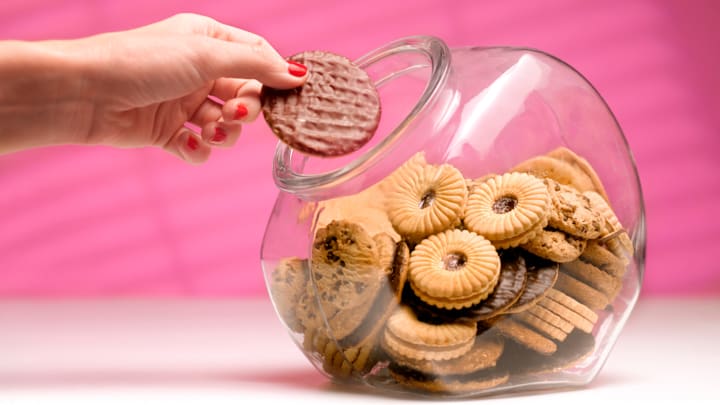Have you ever had a “love jones” or even a “basketball jones”? Do you occasionally jones for a “hot now” Krispy Kreme donut (only to find that store closed)? Nowadays, we use jones to express an intense craving for something. But the word didn’t always refer to tasty treats. The terminology is actually some decades-old drug slang.
In the early 1960s, a jones was a craving—but strictly a craving for heroin. People who used drugs had been using “Mr. Jones” as a code name for the substance since it became popular with Beatniks in the late 1950s. “I’m looking for Mr. Jones” was a subtle way to score when you were new in town and didn’t yet have a regular dealer.
The term evolved over the next several years so that eventually when a person who actively used heroin was alternately sweating and shivering while in need of a fix, he or she was described as jonesing. In the early 1970s, jones had expanded to describe any sort of severe longing or craving, whether for food or a relationship or a shiny new sports car.
This isn’t the first time drug-related terminology has entered our everyday jargon; the word yen (as in “She has a real yen for men”) started out as a corruption of the 1920s-era Cantonese phrase yin-yan, or “opium craving.”
Have you got a Big Question you'd like us to answer? If so, let us know by emailing us at bigquestions@mentalfloss.com.
A version of this story originally ran in 2017; it has been updated for 2023.
